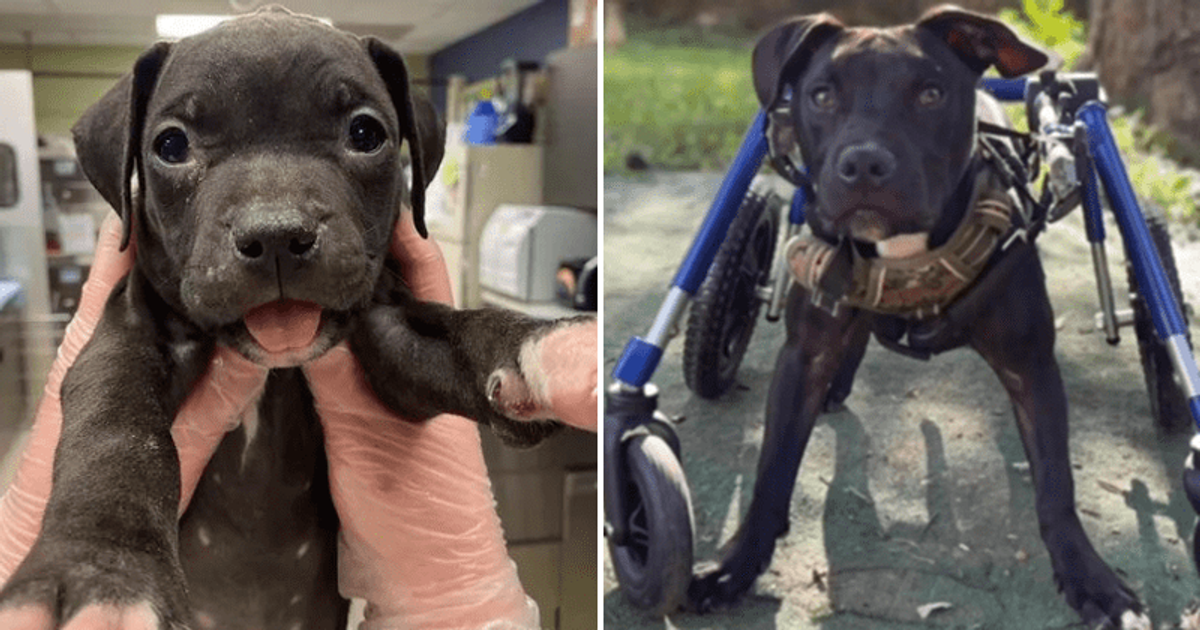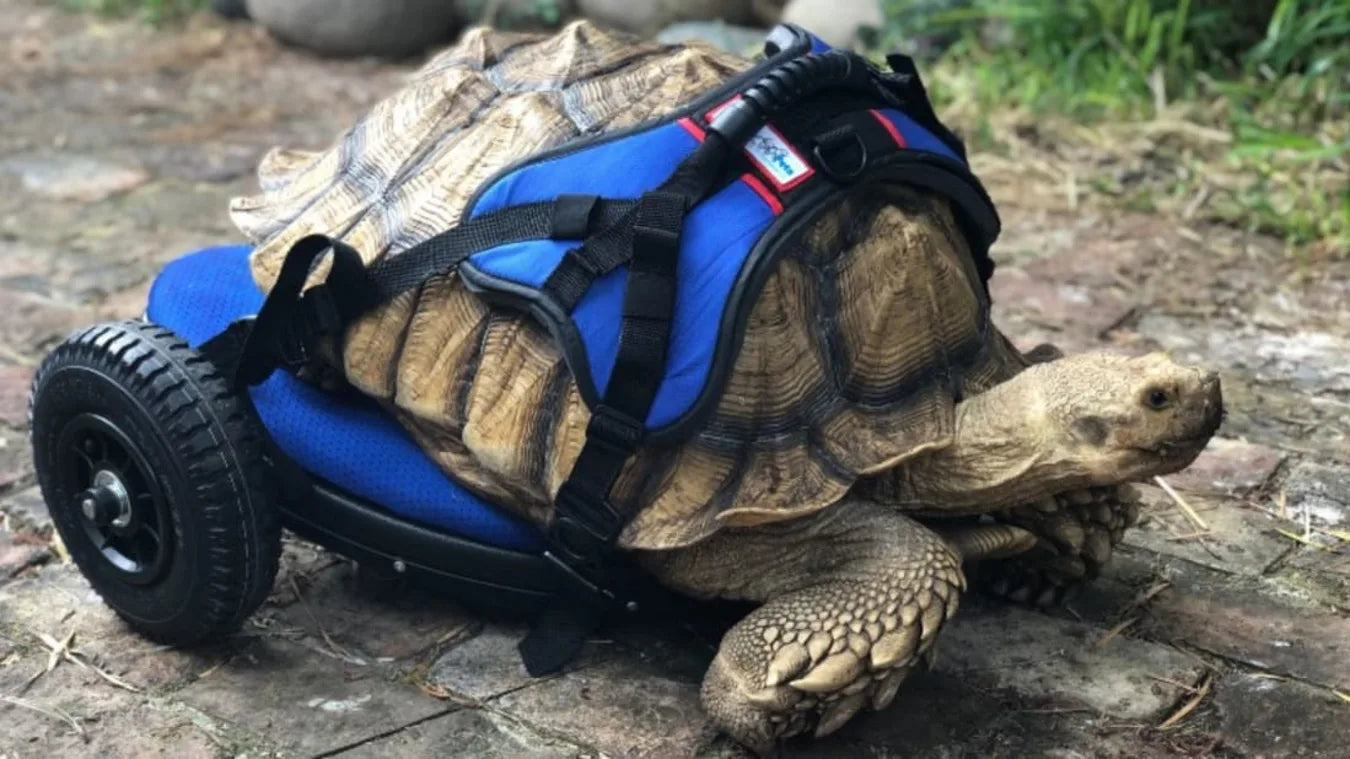Sit Down Dog Wheelchairs

Choosing the Right Food for Your Disabled Dog
Choosing the right food for your disabled dog is one of the most important things you can do to ensure they live a long and happy life. As a disabled pet owner, you probably have a lot on your plate, including your health, keeping up with the other pets in your household, and ensuring that you're there for your disabled dog.
Figuring out how to feed your disabled dog might seem easy at first glance, but it's one of the most important decisions you'll make as a disabled pet owner. You want to find food to help keep your pet healthy and happy for years. Here are some of the tips you might want to consider in choosing your dog’s food:
1. Do Your Research
If you have a disabled dog, you may be wondering what kinds of foods are best for your fur baby. This is a question that many pet owners ask, but it doesn’t have an easy answer. There are so many kinds of disabilities in dogs; feeding them a top-rated dog food brand can help them with their healthy diet.
You must research first to choose the best food for your disabled dog. The best way to do this is by talking with your vet about how they would like you to feed your disabled dog. Your vet will know what your dog needs and can help you find the right kind of food for them.
2. Ask Your Vet
When you have a disabled dog, there are a lot of things to consider when it comes to choosing the right food. You may want to find food full of nutrients and easy for your dog to eat. Moreover, you may also want to find food that is easy on your wallet.
Your vet can tell you what diet your dog should be eating based on his condition. In addition, they should be able to provide recommendations based on their experience with other dogs with similar health conditions or requiring particular feeding schedules due to age, weight, or other factors.
3. Check The Ingredients
When choosing the right food for your disabled dog, it would be best if you checked the ingredients. Your fur baby may have allergies or sensitivities to certain ingredients that can cause gastrointestinal problems and other health issues. If you suspect your dog has allergies or sensitivities, try switching his diet from his current food to one with different ingredients. This will help determine if your dog is sensitive to certain foods.
If you find that your dog has an allergy or sensitivity to specific foods, you should avoid giving your fur baby those foods in the future. Keep a list of the ingredients that cause allergic reactions to avoid them when shopping for new food for your disabled dog. The right nutrition can help your dog live a happier, healthier, and longer life.
4. Portion Control
Portion control is one of the most vital things you can do for your disabled dog. It can help prevent obesity and other health issues, and it’ll also help you keep track of the amount of food you're giving them.
When dealing with portion control, it's important to remember that dogs are like people as they have different metabolisms and require different amounts of food based on age, weight, and activity level. Therefore, when choosing a portion size for your fur baby, consult your vet about how much to feed your dog daily based on the factors mentioned.
5. Feeding Techniques
You can use some techniques to make feeding your disabled dog easier. For example, if your dog has difficulty swallowing food or liquids, it may be helpful to put some water in its mouth before offering food or treats. This helps draw out saliva, which helps moisten the mouth and throat so the food will slide down easier.
If your dog has trouble walking or controlling its head, try using a syringe or eye dropper to administer water or medications into its mouth carefully. This will be especially helpful if your dog has difficulty opening its mouth or swallowing without choking.
Final Thoughts
Keeping your disabled dog happy is essential to making them live longer, and feeding your fur baby the right food is another. You can also give them proper supplements if you feel the food they're getting doesn’t have enough nutrients to satisfy their required diet.
You can do a lot of research work. Apart from that, seek help and guidance from your trusted veterinarian as they know a lot about helping your disabled dog. By following the tips mentioned above, you’ll live a longer and healthier life with your fur baby and give them the care and love they deserve.











